
In honor of the 2011 Rhysling Awards, I’m posting “Young Miss Frankenstein Regrets” below. It appeared in Volume 47 of ChiZine (April 2011).
Young Miss Frankenstein Regrets
by Camille Alexa
Reanimation gives rise to all sorts of
regrets, as one forgets the
repercussions sure to follow the
reappearance of the dead.
Recalling the fantasies of
reunion in which one indulged before
reactivating the machine one had
rebuilt in Great-Grandpa’s study,
reusing dusty parts and
reworking the old man’s blueprints after
rereading all his crumbling musty notes and
rewiring the entire neighborhood to
reroute all local power to the modest
reactor atop the roof (planning, of course, to
replace everything afterward), one
reheats the cryogenically frozen heirloom brain,
recombining purloined “found” parts to
revive dear Great-Grandpa and
reclaim days of past family glory.
Recovering from the scent of charred meat,
repulsed by Great-Grandpa’s mindless drooling and
reasserting control over one’s unfortunate
recoil from the outstretched avuncular arms
reaching for one’s throat in a most
repugnant and alarming manner, one
recollects one’s dream of
realizing ancestral legacy by
re-embarking on one’s great-grandfather’s work.
Reluctantly, one uses the cattle prod to halt the
repeated efforts of one’s ancestor to
release himself from the sturdy iron
restraints one had the merciful foresight to
reinforce before the experiment.
Reducing the power levels and
resetting the levers, one
retreats to a safer distance to seriously
reconsider (despite the family resemblance) having
reawakened a howling, incoherent monster so eerily
reminiscent of one’s dear late mother.
Really, one thinks as one unplugs the
reviving machines, waiting for the
resubsidence of all signs of pseudolife from one’s
redoubtable, famous, infamous forebear,
Reliving the past isn’t always so
regrettable, is it?
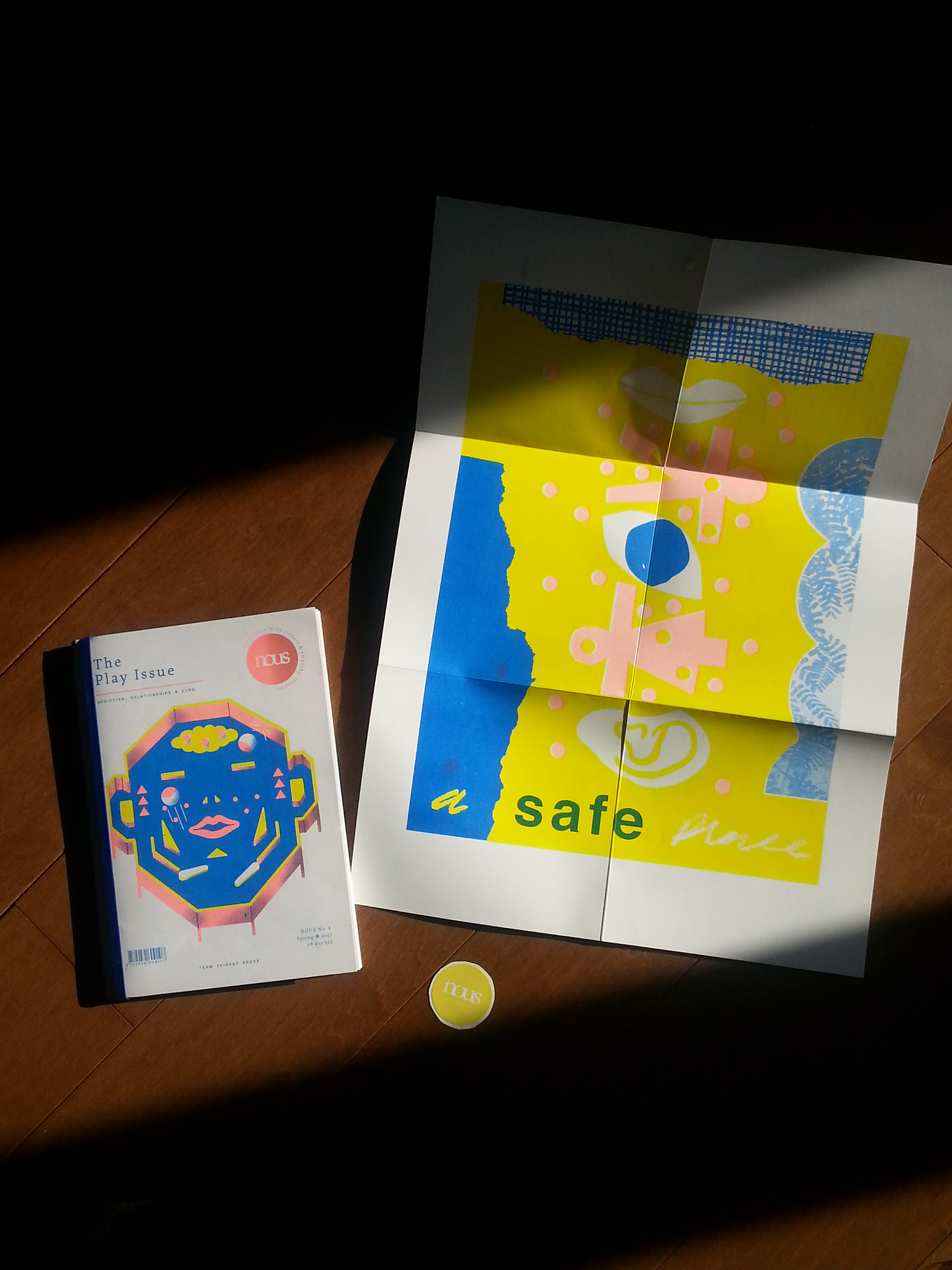 NOUS is without doubt the most adorable magazine my work has ever appeared in. Seriously adorable, simply the physical object of it.
NOUS is without doubt the most adorable magazine my work has ever appeared in. Seriously adorable, simply the physical object of it.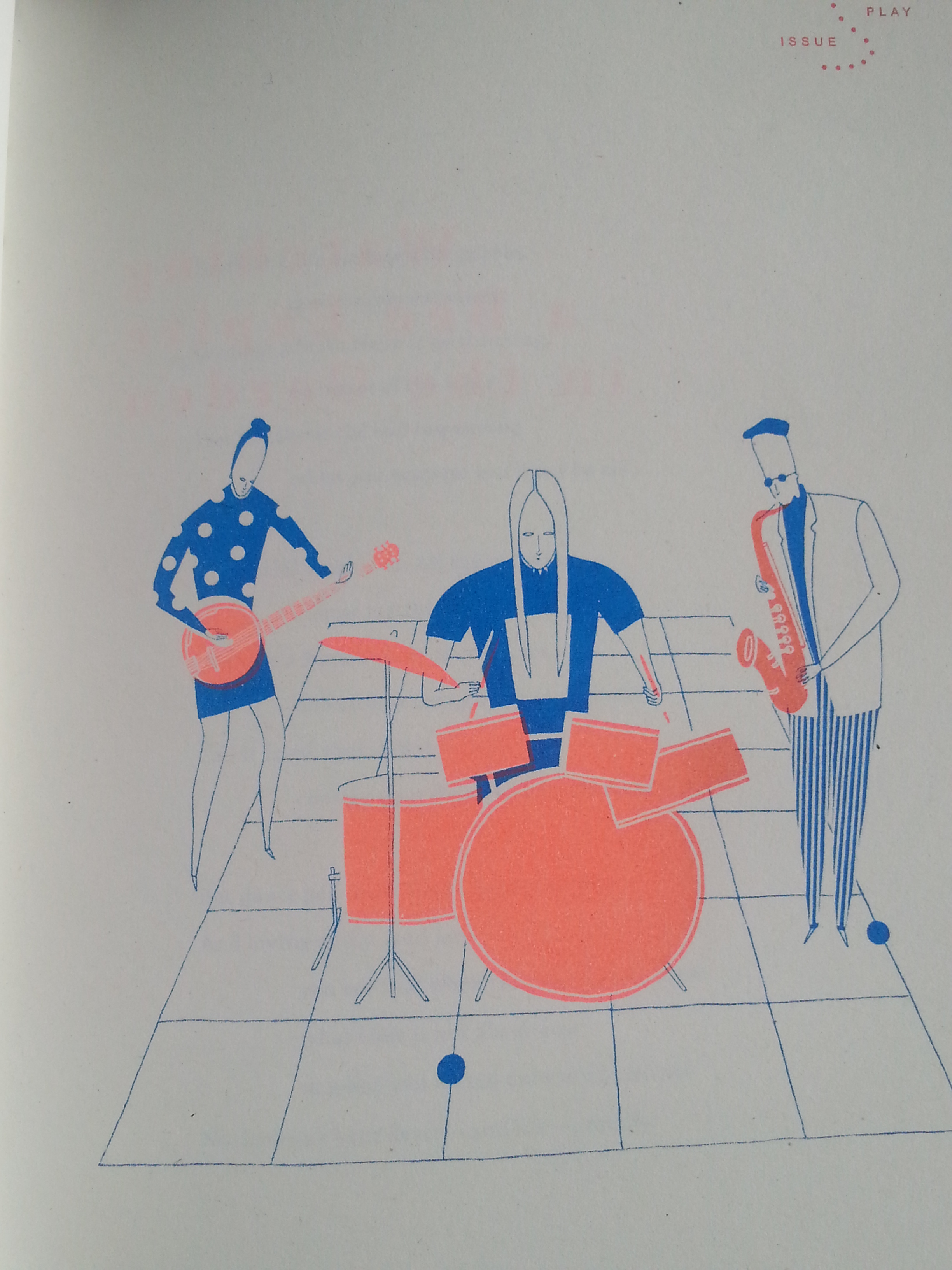
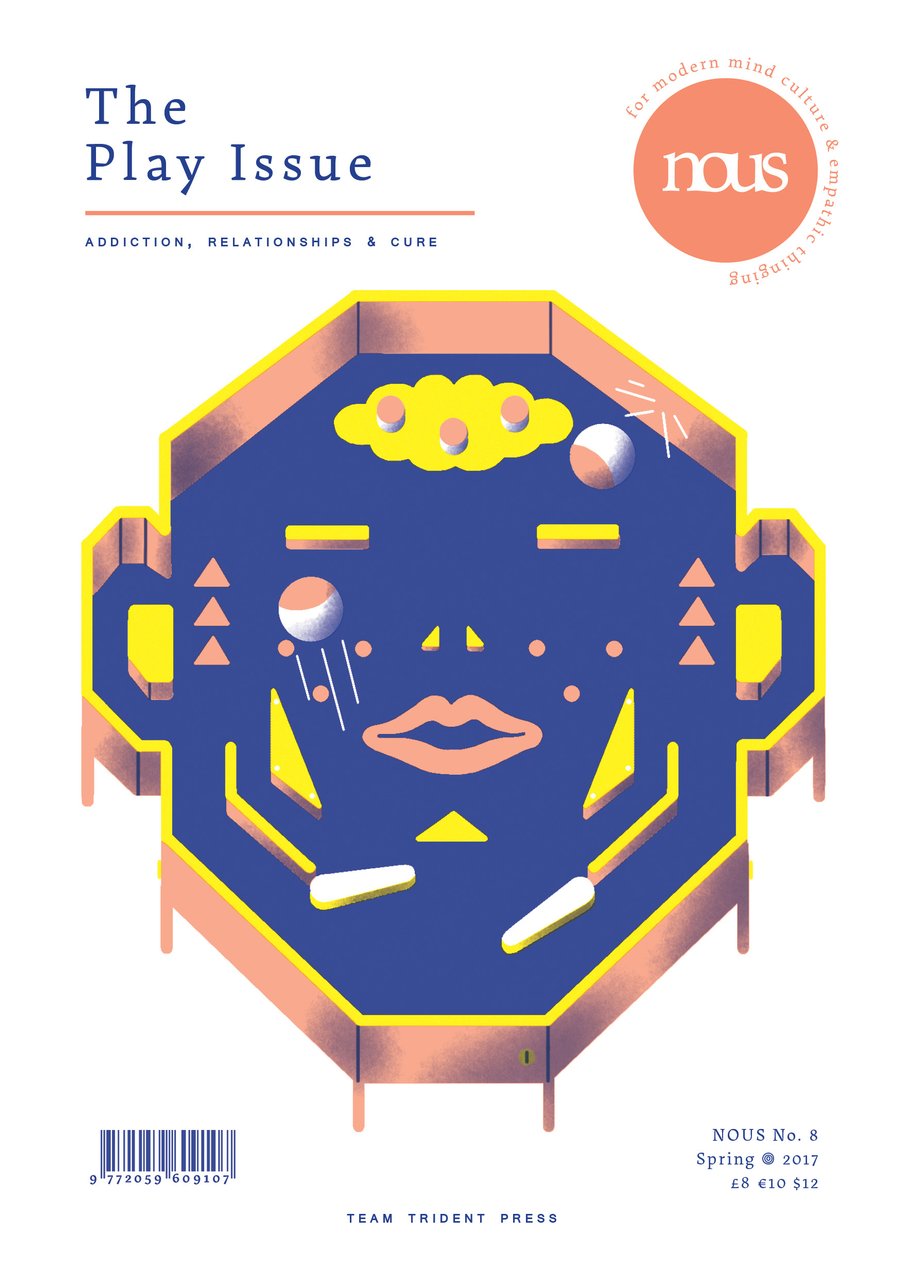
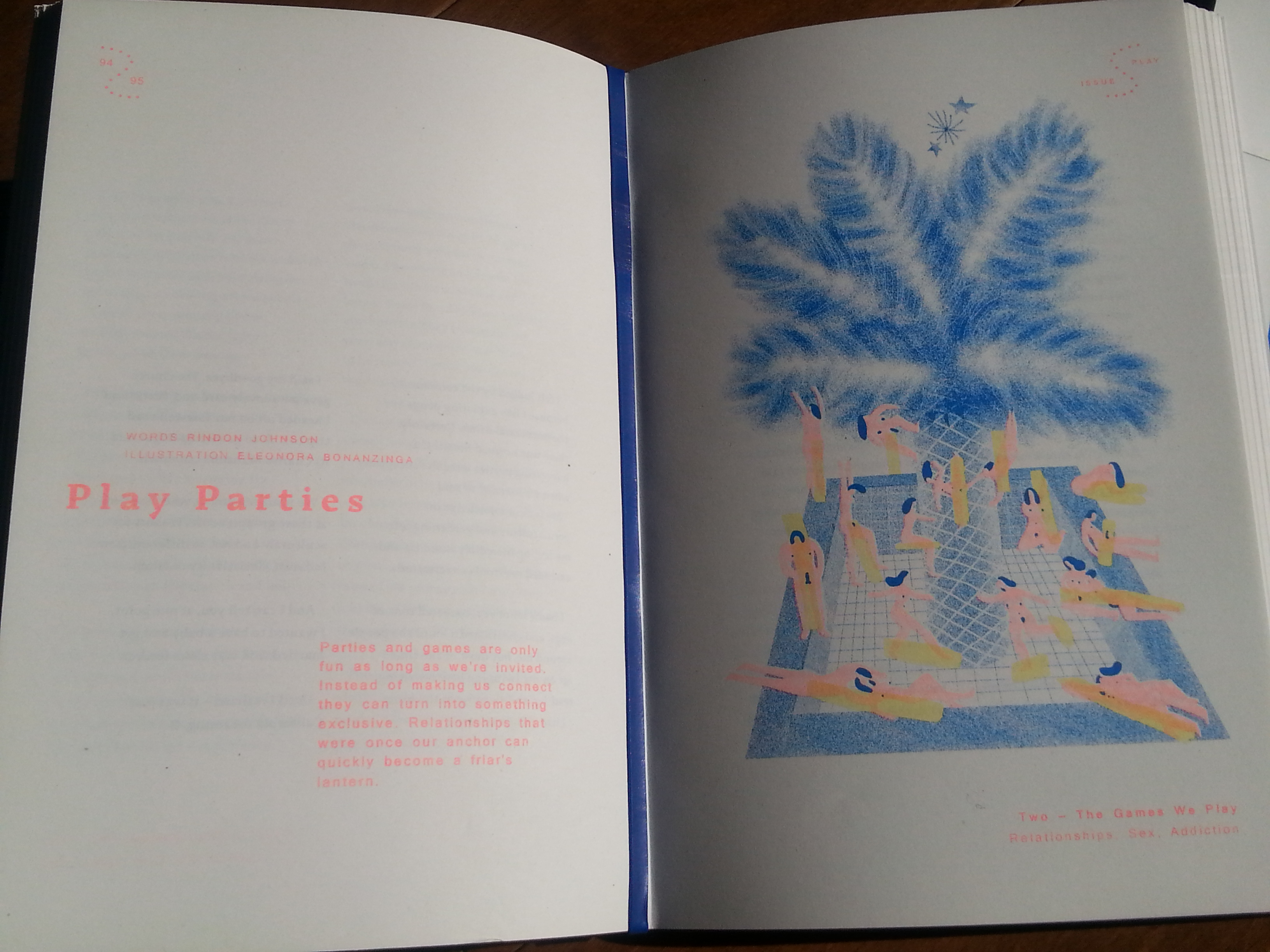 http://www.nous-magazine.de/play
http://www.nous-magazine.de/play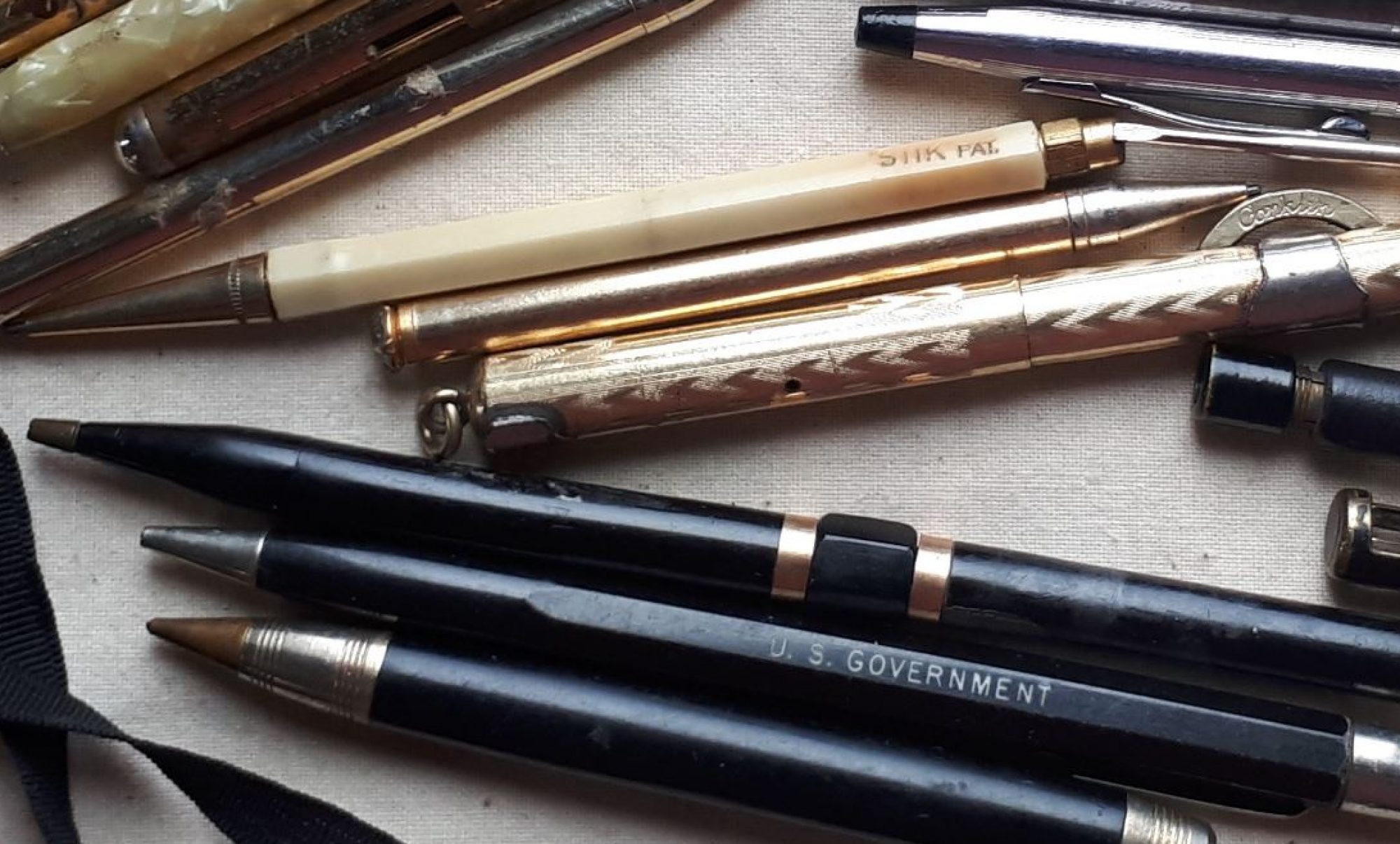
 …your spectacles green
…your spectacles green My poem “Little Red Roofs” is up today in Understorey Magazine, Issue #9. Happy to say they totally nailed it with this gorgeous accompanying photo of
My poem “Little Red Roofs” is up today in Understorey Magazine, Issue #9. Happy to say they totally nailed it with this gorgeous accompanying photo of 
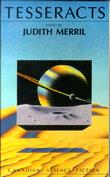 Am feeling so Canadian! Having been an Austinite and a Portlander for so long, I’m having a swell time embracing my Canadianity (Canadianness?), most recently with a sale to the longrunning Canadian SFF anthology series,
Am feeling so Canadian! Having been an Austinite and a Portlander for so long, I’m having a swell time embracing my Canadianity (Canadianness?), most recently with a sale to the longrunning Canadian SFF anthology series, 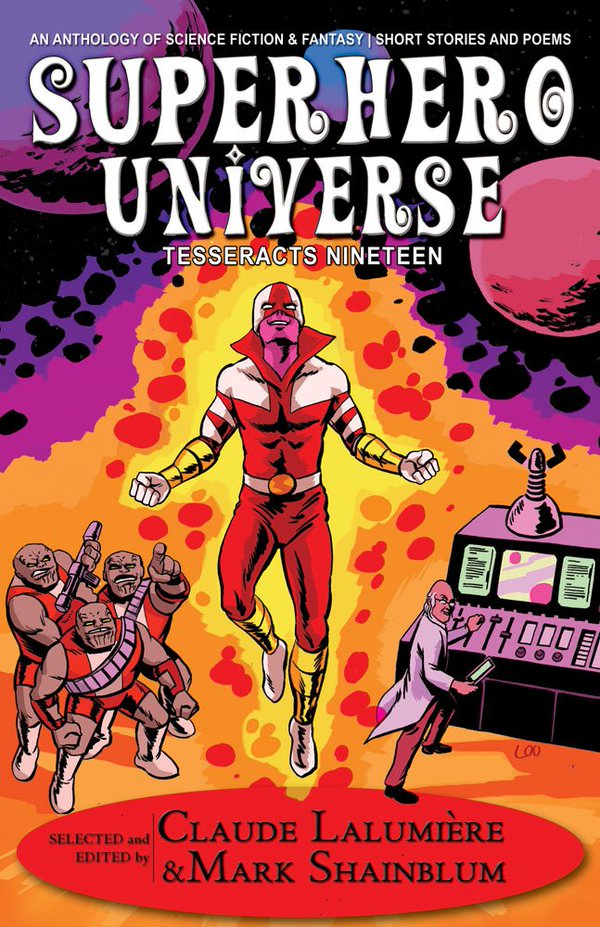
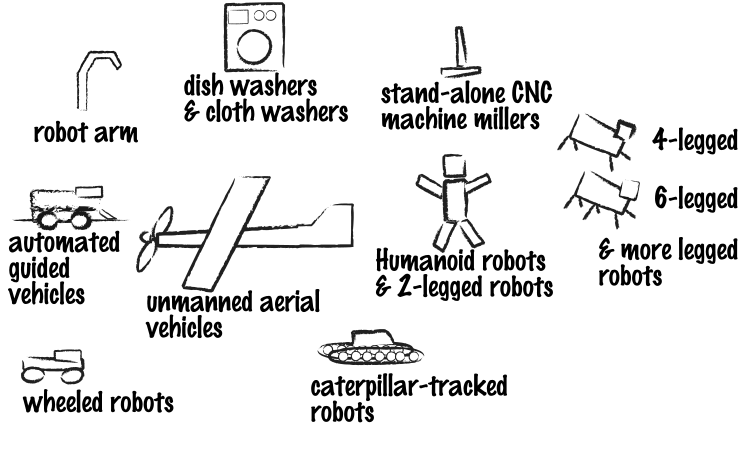
 The following was written to coincide with the release of the inaugural issue of Cutaway Magazine. It recently appeared
The following was written to coincide with the release of the inaugural issue of Cutaway Magazine. It recently appeared